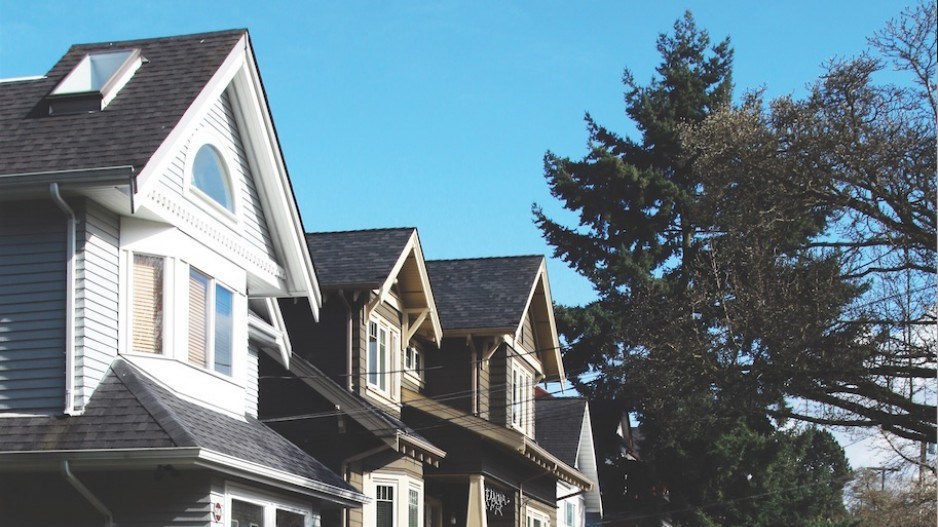Polls say a new tax that the B.C. government plans to introduce later this year is popular among British Columbians, but to BC Liberal housing critic Sam Sullivan, it carries an ugly tinge of Trumpism.
“They’re going to build a [metaphorical] wall, keep the foreigners out and make the foreigners pay for it,” Sullivan told Business in Vancouver about a tax first revealed in the February 20 budget. He called the tax “xenophobic.”
“Remember that a budget is ideology without the rhetoric. They haven’t said, ‘Build that wall,’ but they’ve done it through their budget.”
The B.C. government calls the measure a “speculation tax,” even though it is not a tax on homes that are flipped within a year or two of being purchased. The tax will start at 0.5% of a property’s assessed value in the 2018 tax year and rise to 2% of a property’s assessed value in future years. It will be levied on non-resident owners of second homes in specific parts of B.C. – Metro Vancouver, the Fraser Valley, the Vancouver Island regions of Victoria and Nanaimo, and the municipalities of Kelowna and West Kelowna in the southern Interior.
That makes the measure essentially a tax on vacant homes, and budget documents say that those who pay the tax could be “foreign and domestic.”
The B.C. Finance Ministry, which is drafting the legislation, did not clarify to BIV whether a British Columbian who does not have any income, but owns a second home in one of the affected areas, would pay the speculation tax.
“We are currently drafting the legislation and regulations,” the ministry said in a statement. “Specific technical details about the application of the tax will be available in the coming months.”
Initial public opinion on the proposed tax has been positive, according to at least one poll. At the end of February, Insights West surveyed 801 British Columbians, and found that 54% consider the tax to be a very good idea while another 27% consider the tax to be a good idea. Only 11% of the population said that levying the tax would be a bad or a very bad idea.
British Columbia Real Estate Association chief economist Cameron Muir said any new taxes on real estate could prompt potential buyers to seek greener property pastures elsewhere.
“If you have additional taxes that would have to be paid in the affected areas, it’s going to create a situation where potential buyers would look for substitutes,” Muir said. “And when they look for other areas of the province that aren’t affected by the tax, they will ask themselves, ‘Am I buying in an area that will be affected by the tax next year? Or the year after, if the province decides to expand the scope of the tax?’”
As a result, buyers looking for property in, say, Kelowna may be inspired to buy just outside the geographic boundary of the tax and invest in Peachland or the Lake Country district.
Or they might give B.C. a miss altogether and buy in Alberta or Washington state instead, Muir said.
He said real estate listings are so scarce in many of the affected areas that it will have little impact on home prices.
Sullivan said he expects that if the tax does have an effect on prices it will be for only a few months before market prices grind higher.
He pointed to the B.C. government’s revenue projections as evidence that it does not expect the tax will cause mass sales of homes and achieve the stated goal of “tackling speculation, curbing demand, increasing housing supply and improving security for renters.”
The B.C. government’s fiscal plan notes that Victoria expects the tax will generate $87 million in the 2018-19 fiscal year and then a flat $200 million in the next two fiscal years.
“They’re forecasting that it will be flat and stable as a source of revenue,” Sullivan said. “If they thought it was going to work, the amount of revenue generated would be going down.” •




